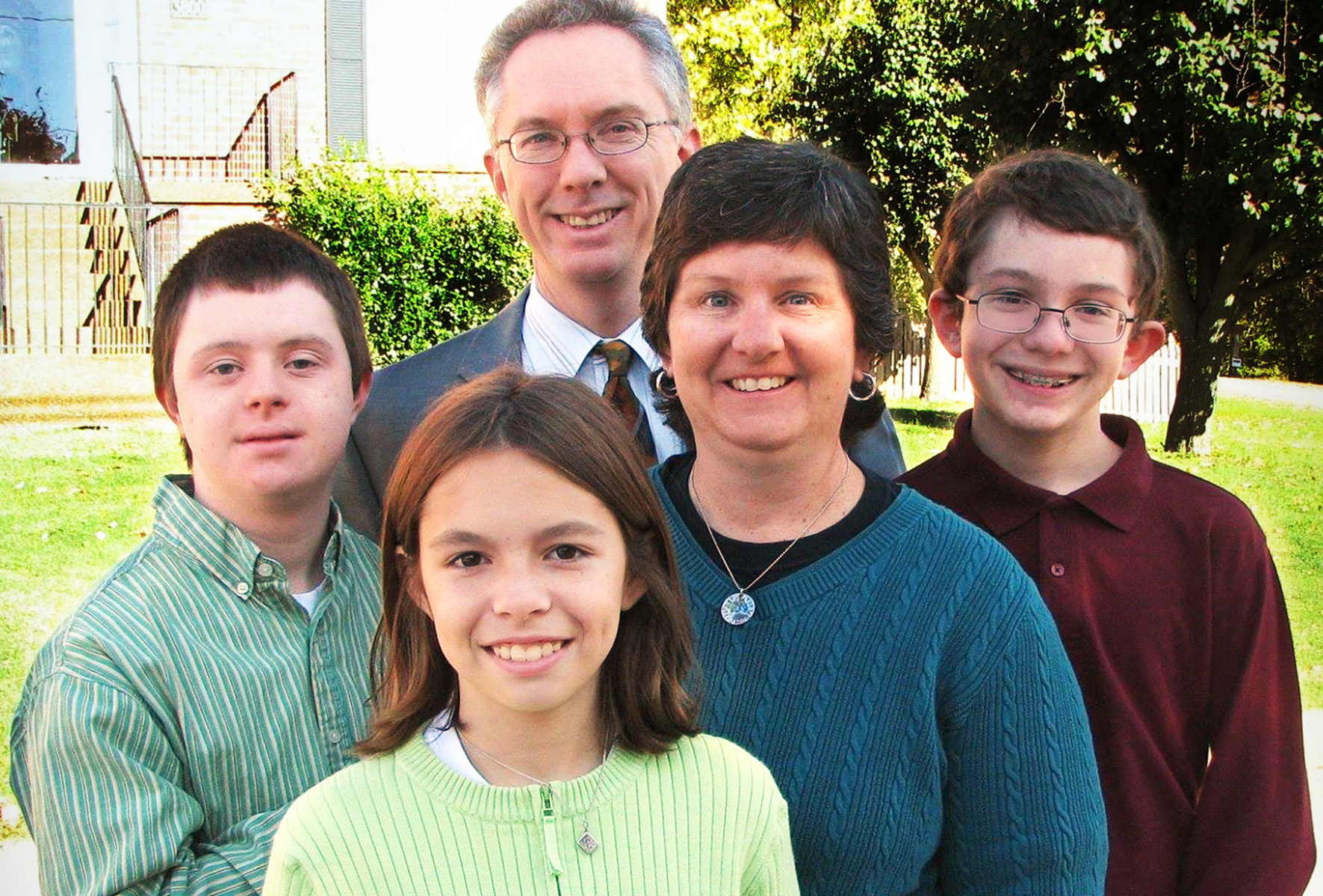
NASHVILLE (BP) — In theory, everyone is welcome at church. In practice, that’s not always true for some children. And when parents feel their child isn’t welcome, the entire family often stays home.
 The term “special needs” describes people who have developmental delays, cognitive disabilities, physical challenges, and social or emotional differences. Children with special needs as well as their parents and siblings benefit from being part of a church family for the same reasons all families do.
The term “special needs” describes people who have developmental delays, cognitive disabilities, physical challenges, and social or emotional differences. Children with special needs as well as their parents and siblings benefit from being part of a church family for the same reasons all families do.
These families need to know God offers salvation through Jesus Christ, of course. But they also need the hope, support, respite and acceptance that come from being part of a church family. They appreciate the simple joy of showing up to participate in something without making an appointment, filling out paperwork, setting goals and constantly evaluating progress.
Every person who engages the family of a special needs child has a make-it or break-it chance to ensure the family not only comes back, but has a positive experience week after week. That includes paid staff, Sunday School teachers, kids ministry leaders and anyone else walking through the church’s hallways.
 The most basic reason some churches don’t embrace these families is they simply don’t know how. In many cases, churches develop their special needs ministry network on a case-by-case basis by providing for kids born to families who are already active members of the church. That’s not a bad place to start.
The most basic reason some churches don’t embrace these families is they simply don’t know how. In many cases, churches develop their special needs ministry network on a case-by-case basis by providing for kids born to families who are already active members of the church. That’s not a bad place to start.
Few churches recognize the need in advance, build the program and use it as an outreach tool to bring in families who don’t feel a part of any church. Such programs can look different for different churches and situations. But here are the two most common ways to organize a special needs ministry:
— Mainstreaming or inclusion. Learners who have special needs attend a regular class along with their age-group peers and participate in the same activities. They may rely on the assistance of a one-on-one helper for some activities or, on occasion, they may complete an independent learning activity.
— Self-contained classes for students with special needs. In these settings, the teacher-student ratio is lower, activities are planned for individuals or smaller groups, concepts are simplified, and everything moves at a slower pace.
It’s possible to reach, keep and disciple families with special needs children, but it takes work and being intentional about serving and loving them.
See additional article below.
5 things you can do
When you encounter a family of a child with special needs for the first time at church, take the initiative.
1. Offer greetings. Shake hands with the adults. Stoop to the child’s level and say hello, even if you are unsure if she can or will answer.
2. Lead them to an appropriate staff member who can assist them in finding where they need to go.
3. Suggest they join you, especially at a fellowship meal or a social event. Introduce them to other families who have kids of a similar age.
4. Be gracious. Times of corporate worship can be the most difficult for these families. Rest assured they already know their child can be noisy, wiggly or restless.
5. Invite them to come again and mean it.
Dig deeper
— Special Buddies resources.
— Access Bible Study for adults with special learning needs – Access Bible Study.
















